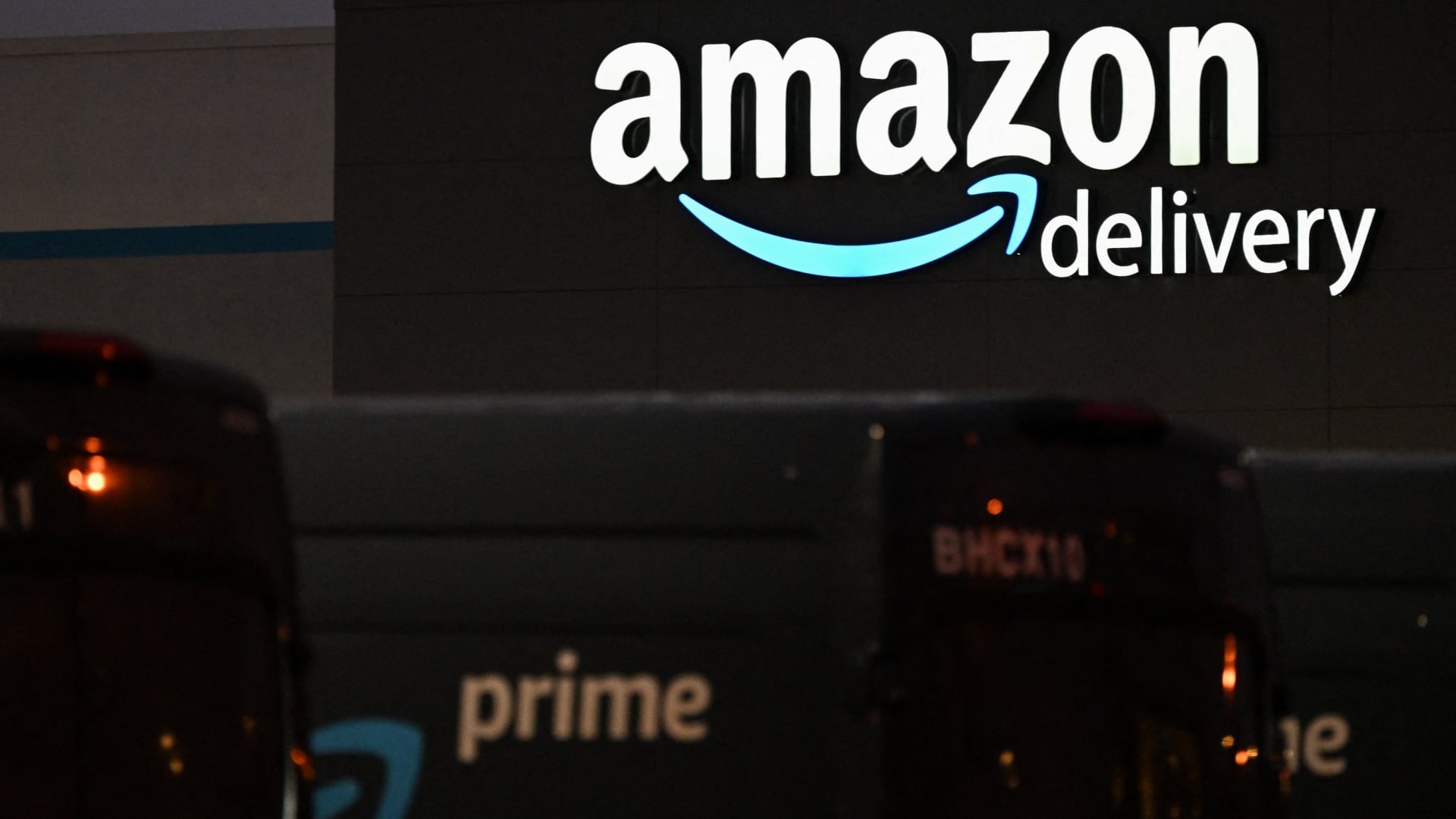By Damian J. Troise and Alex Veiga
U.S. stock indexes closed mostly lower Tuesday as losses in health care and technology companies kept gains in energy and other sectors of the market in check.
The S&P 500 ended down less than 0.1% after giving up a modest early gain. Energy companies that stand to benefit from record electricity prices due to the frigid cold impacting much of the country surged. Marathon Oil and Apache Corp. were among the biggest gainers.
Bond yields, which have been ticking higher on expectations of rising inflation, rose sharply. The yield on the 10-year Treasury rose to 1.29%, the highest level in a year. Bank stocks made broad gains on the higher yields, which allow them to charge more lucrative interest rates on loans. Utilities and real estate stocks, bond proxies that can look less attractive when bond yields rise, were among the biggest decliners.
Despite the mostly tentative day of trading, the Dow Jones Industrial Average inched higher, enough to set another all-time high.
“You have a continuation of some of the trends that we’ve had recently and the kind of bifurcation within the market where the things that are benefiting from higher yields are continuing to do well, and that speaks to an improving economy and more inflation,” said Willie Delwiche, investment strategist at All Star Charts.
The S&P 500 slipped 2.24 points to 3,932.59. The Dow rose 64.35 points, or 0.2%, to 31,522.75. The Nasdaq Composite index fell 47.97 points, or 0.3%, to 14,047.50. The three indexes closed at record highs on Friday. U.S. markets were closed Monday for a holiday.
Stocks of smaller companies fared worse than the broader market. The Russell 2000 index lost 16.47 points, or 0.7%, to 2,272.89.
Optimism that Washington will come through on trillions of dollars of more aid for the economy and encouraging company earnings reports have helped stocks grind higher this month, along with hopes that the coronavirus vaccine rollout will set the stage for stronger economic growth in the second half of this year.
With the second impeachment trial over, investors believe Congress can now make progress toward passing President Biden’s $1.9 trillion stimulus plan. The package would include one-time payments to Americans plus additional assistance to industries, states and jurisdictions impacted by the pandemic.
Vaccine distribution is improving and, separately, new case counts are decreasing. That’s injecting more confidence into the prospects for a recovery while a new round of stimulus could help give people and businesses more money and improve consumer spending.
That long view of the economy, which has been bolstered by mostly upbeat economic data and corporate earnings, has been helping push bond yields higher, said Jason Pride, chief investment officer of private wealth at Glenmede.
“It’s reflecting that optimism,” he said. “Every ounce of information we get seems to confirm these story lines.”
Energy prices rose sharply Tuesday as record demand for heating across much of the frigid Midwest and Texas pushed electricity prices higher. The price of natural gas, which is the country’s primary way to produce quick “on-demand” electricity when needed, rose 7.5% to its highest level since November, when hurricane season impacted some natural gas production along the Gulf Coast.
Heating oil prices rose 2.4%, much less than natural gas, since it’s primarily used in the Northeast in older boilers to heat homes. The Northeast hasn’t seen unreasonable temperatures for this time of the year.
Cruise line operators surged for the biggest gains in the S&P 500. Royal Caribbean led the way, climbing 9.7%, and Carnival jumped 9.1%.
The rise in bond yields helped lift shares in financial companies. Bank of America rose 2.7% and JPMorgan Chase rose 2.4%
Traders in cryptocurrencies pushed up the price of Bitcoin above $50,000 for the first time Tuesday. It was up 0.1% to $48,793 in late-afternoon trading, according to the tracking site CoinDesk.
Much of Asia remains closed in observance of the Lunar New Year and European markets closed mostly lower Tuesday.
Updated on February 16, 2021, at 4:54 p.m. ET.













